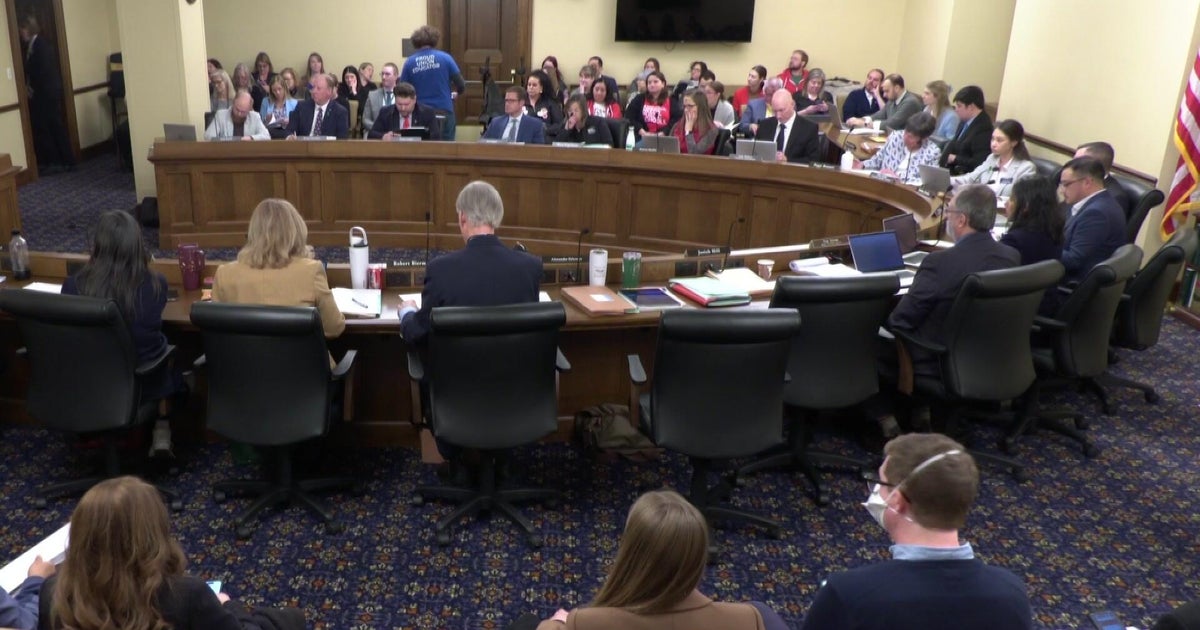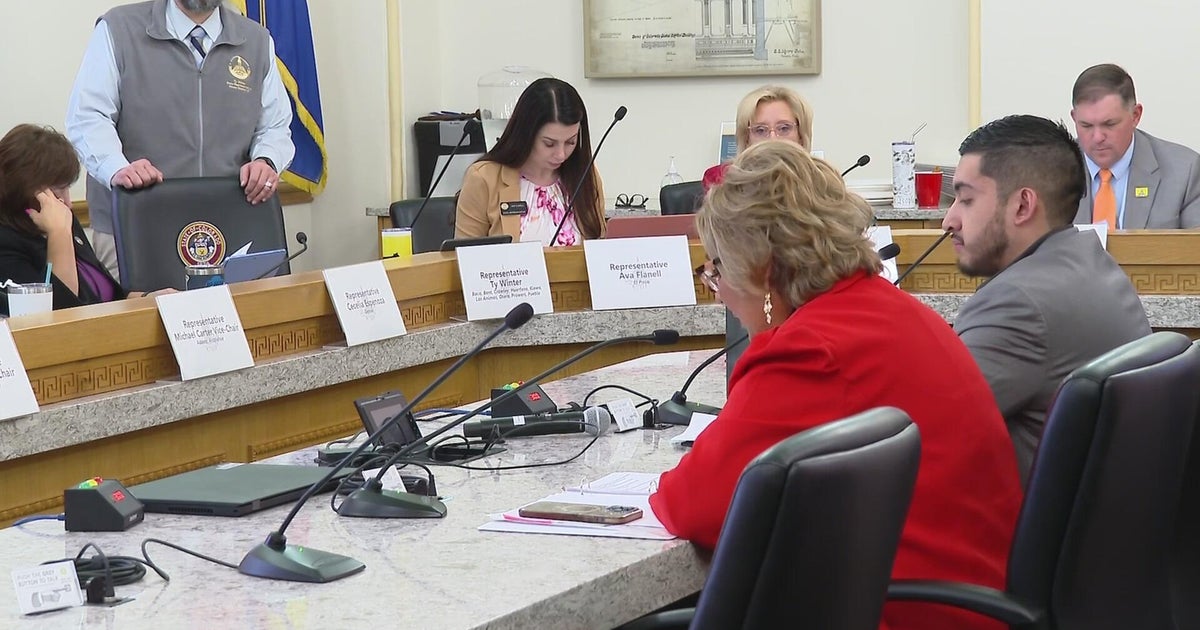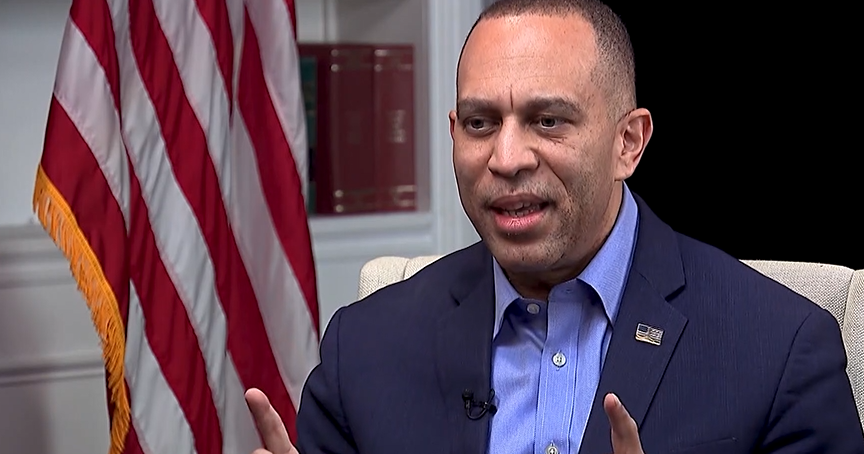Minn. House Backs More Spending For Jobs
ST. PAUL, Minn. (AP) — ST. PAUL, Minn. (AP) — The Minnesota House on Monday approved spending increases on job training and business development programs that supporters said is aimed at creating jobs.
The centerpiece of the House's jobs, commerce and housing finance bill is a more than 50-percent boost in spending in the next two years for the Department of Employment and Economic Development. The bill's author, St. Paul Democratic Rep. Tim Mahoney, said it's a deliberate effort to foster employment growth by spending more on job training, grants and loans to small businesses, scholarships and apprenticeships, and other economic development programs.
"For the last 10 years, the Legislature has been cutting economic development," Mahoney said.
House Majority Leader Erin Murphy, DFL-St. Paul, added that the bill employs "all the tools we can to get Minnesota on a better economic footing."
The House voted 75-57 in favor of the bill, with just two Republicans joining the majority Democrats in passing it. The bill includes $140 million to fund the employment and economic development office for 2014-15. That's $5 million more than Gov. Mark Dayton requested for the agency. In 2012-13, the agency's state funding was about $83 million.
The House bill also would hike spending on affordable housing programs by about $22 million.
Republican Reps. Bob Gunther, of Fairmont, and Jim Abeler, of Anoka, broke with their party to support the bill, with Gunther saying he believed it would create new jobs.
But Republican Rep. Steve Drazkowski said the overall bill amounts to government "picking winners and losers" from the ranks of the state's businesses.
"The bill takes money from hard-working Minnesotans, brings it into government and redistributes it," said Drazkowski, of Mazeppa.
The bill's elements meant to promote job creation include:
— a $20 million fund to give financial incentives to out-of-state businesses thinking of locating in Minnesota and in-state companies that want to expand within the state.
— a separate, $18.5 million fund to give state grants to businesses if they commit to hiring additional employees and making large investments in capital. The grants aren't paid until those employment and investment goals are met.
— a $1.5 million funding boost for the Minnesota Trade Office, which has a mission of helping the state's businesses tap into overseas markets. The money is meant to help the office open three additional overseas locations on top of an existing office in China.
— small funding boosts to several competitive grant programs for nonprofits that offer workforce training, and money for state colleges, employers and the Department of Education to collaborate on local education and training programs.
— a $450 million reduction in taxes that employers pay into the Unemployment Insurance Trust Fund.
The bill also includes a provision that would extend state unemployment insurance benefits for up to three years for workers who are locked out by management in contract disputes, a pertinent discussion after recent high-profile lockouts at American Crystal Sugar and both Twin Cities professional orchestras. House members approved amendments that would exempt locked-out professional athletes and people who earn more than $150,000 a year from being eligible for those benefits.
(© Copyright 2013 The Associated Press. All Rights Reserved. This material may not be published, broadcast, rewritten or redistributed.)







